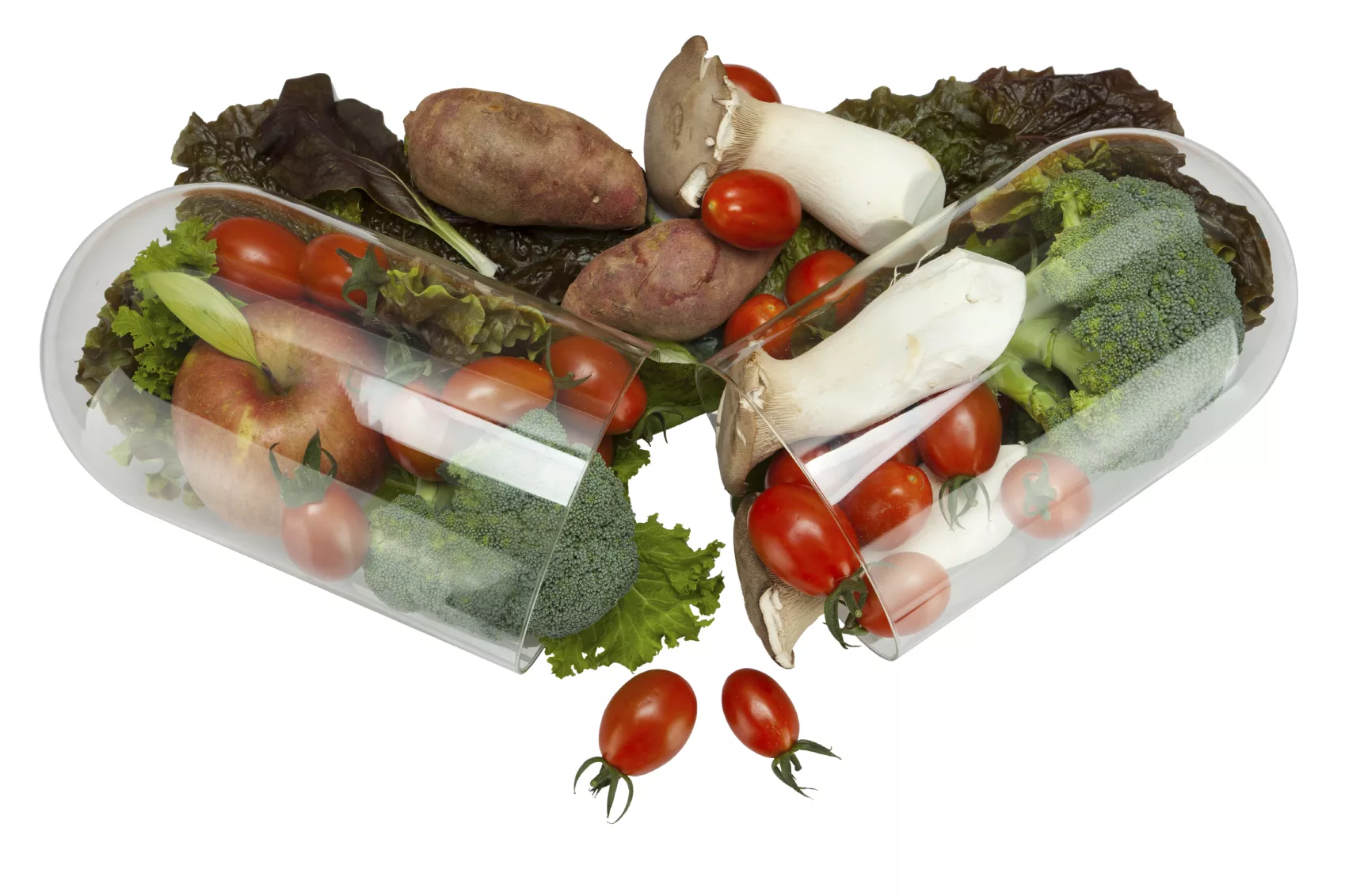
Did you know your gastrointestinal tract stores 70 to 80 percent of your body’s immune system? As we enter cold and flu season, you may look for ways to boost your immune system. One way you may be able to do this is by eating a nutrient-rich diet.
There’s evidence that a lack of some nutrients—like zinc, selenium, iron, copper, folic acid and vitamins A, B6, C and E—can change the way your immune system responds. Focus on changing what you eat to help your body get the nutrients it needs:
Vitamin A: Foods high in colorful compounds called carotenoids, such as carrots, sweet potatoes, pumpkin, cantaloupe and squash, are all great options. The body turns these carotenoids into Vitamin A, and they have an antioxidant effect to help strengthen the immune system against infection.
Vitamin B6: This important vitamin is critical in how your immune system functions and is part of nearly 200 biochemical reactions in your body. Foods high in B6 include bananas, lean chicken breast, cold-water fish and chickpeas.
Vitamin C: Vitamin C is known for its ties to our immune system. Most people know it’s found in citrus fruits. Other sources include leafy green vegetables, bell peppers, Brussel sprouts, strawberries and papaya.
Vitamin E: This is a powerful antioxidant that helps fight infections. Almonds, peanuts, hazelnuts and sunflower seeds are great sources, as well as spinach and broccoli.
Zinc: This trace mineral appears to help slow down the immune response and control inflammation. It can be found in oysters, crab, lean meats and poultry, baked beans, yogurt and chickpeas.
Selenium: Selenium seems to have a powerful effect on the immune system and the potential to slow the body’s over-active responses to certain aggressive forms of cancer. It’s found in garlic, broccoli, sardines, tuna, Brazil nuts and barley.
Iron: Iron helps your body carry oxygen to cells. There are two types of iron, heme and non-heme. Heme iron can more easily be absorbed and is plentiful in lean poultry, such as chicken and turkey, and seafood. You can also find iron in beans, broccoli and kale.
Folate/Folic Acid: This is found in beans, peas and leafy green vegetables. Fortified breads, pastas, rice and cereals often contain folic acid, too.
If you’re not able to get these nutrients through food, a daily multivitamin and mineral supplement can be helpful. You do not need more than the recommended daily value, so taking megadoses of a single vitamin is not recommended.
Remember, the immune system is precisely that—a system—not a single entity. To function at its best requires balance and harmony. In addition to eating healthy, choosing a healthy living plan is an important step for keeping your immune system strong and healthy. This includes:
- Exercising regularly.
- Lowering stress and socializing more.
- Sleeping soundly, often 7 to 9 hours a night.
- Getting necessary vaccines, including newer vaccines available if you’re a senior.
- Not smoking or breathing in secondhand smoke.
Modern medicine can help if we become sick, but it is up to us to maintain good health as our first line of defense. Powering up your immune system with a plant-based diet is an ideal first step. For recipes that focus on fruits and vegetables, go to www.myplate.gov.
For additional tips, visit www.choosemyplate.gov.
To learn more about nutrition services at Luminis Health, visit www.luminishealth.org/en/services/nutrition-services.



